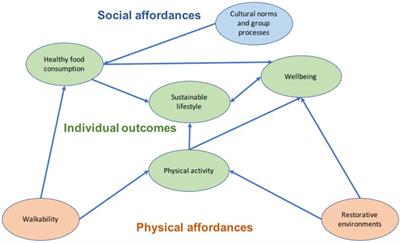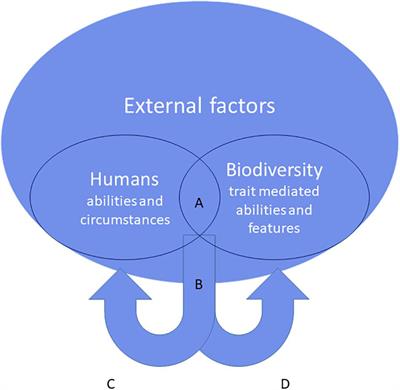MINI REVIEW
Published on 06 Dec 2018
Social-Cultural Processes and Urban Affordances for Healthy and Sustainable Food Consumption

doi 10.3389/fpsyg.2018.02407
- 15,907 views
- 32 citations
43k
Total downloads
243k
Total views and downloads
You will be redirected to our submission process.
MINI REVIEW
Published on 06 Dec 2018

CONCEPTUAL ANALYSIS
Published on 04 Dec 2018

ORIGINAL RESEARCH
Published on 13 Nov 2018

ORIGINAL RESEARCH
Published on 29 Oct 2018

ORIGINAL RESEARCH
Published on 08 Jun 2018

MINI REVIEW
Published on 04 May 2018

ORIGINAL RESEARCH
Published on 20 Apr 2018

ORIGINAL RESEARCH
Published on 22 Mar 2018

ORIGINAL RESEARCH
Published on 15 Jan 2018

ORIGINAL RESEARCH
Published on 09 Jan 2018

ORIGINAL RESEARCH
Published on 04 Jan 2018

HYPOTHESIS AND THEORY
Published on 10 Nov 2017

